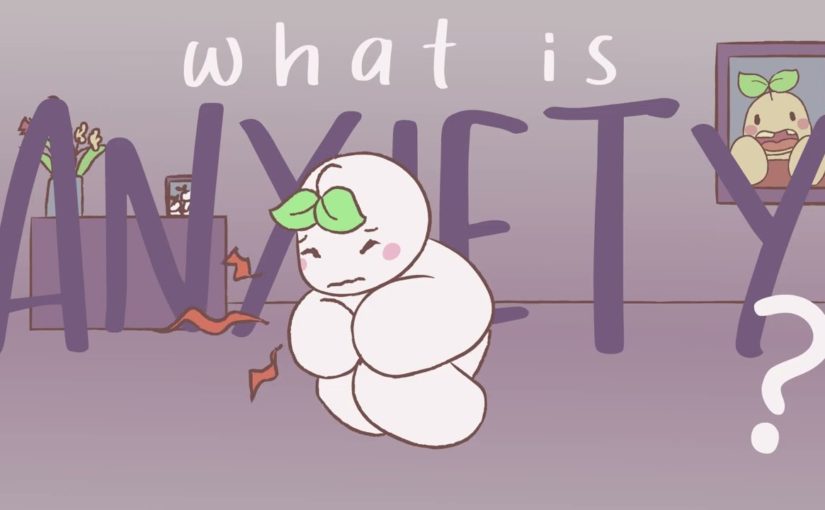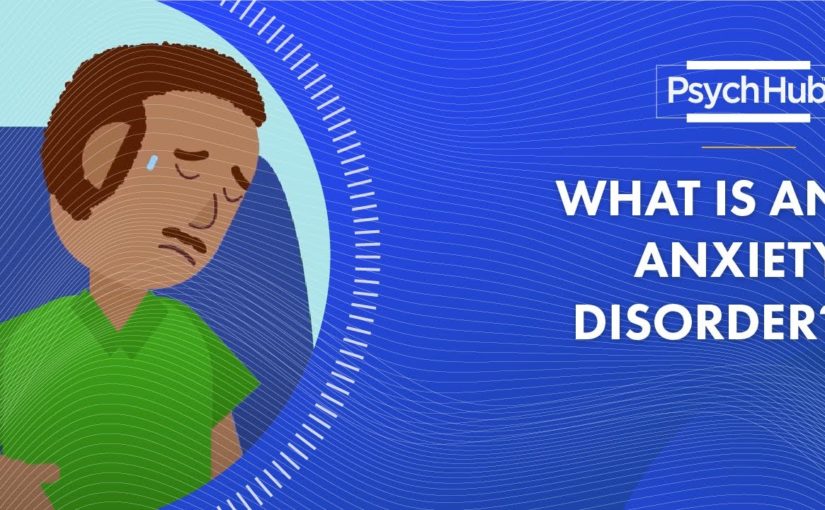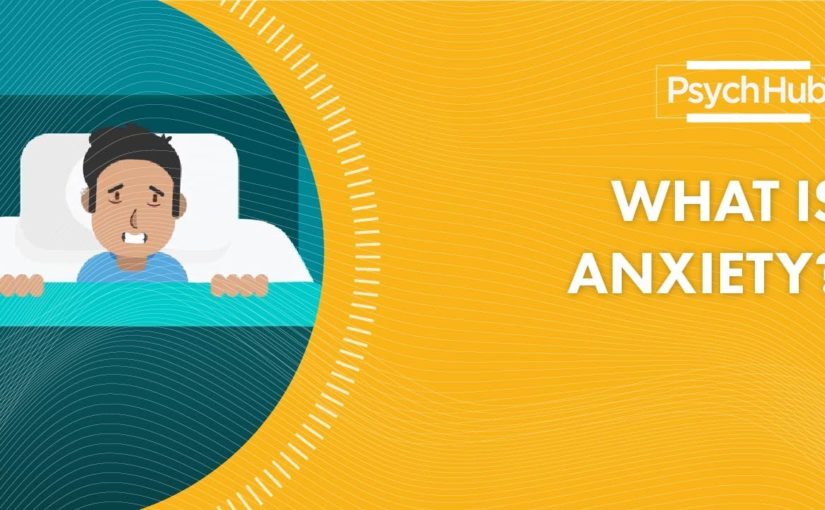– Hey Psych2Goers, welcome back. Think you've never experienced anxiety before? Well, you might not have realized it because people experience anxiety in different ways. Your idea of anxiety might not align with how you experience it. And you may not notice anxiety in someone who grapples with it privately. So, it's important to remember to always be kind because you can never know what others are struggling with when they're alone. If you're dealing with anxiety, know that you're not alone in facing these challenges. Anxiety is a normal part of life.
It alerts us to dangers and helps us prepare for a wide variety of situations. But according to the Diagnostic and Statistical Manual of Mental Disorders, DSM, anxiety becomes a disorder when it starts to impact daily functioning and different aspects of life. With that said, here are five things people with anxiety secretly do alone. Number one, overthink, overthink, and overthink. Anxiety disorders are characterized by excessive or disproportionate worry and fear that gets in the way of daily activities. It may not be as obvious to other people, but those who struggle with anxiety tend to overthink while in the presence of others and when alone. Many people who struggle with anxiety tend to dwell on negative thoughts about themselves and their past. They may replay these past events in their head over and over, trying to think of what they could have done differently.
And may also imagine possible future events to try and anticipate things that might go wrong. Two, confine themselves to their comfort zone. Everyone feels anxious now and then, but those struggling with an anxiety disorder constantly adjust their lives to cater to it. They may stick to activities that calm their racing thoughts, or engage in pursuits that allow them to avoid the things that make them feel anxious instead of choosing activities purely for fun or interest. Like re-watching the same shows over and over because they don't have to feel anxious anticipating what might happen next. Some people may not even be able to leave the house out of fear of being in places and situations where escape may be difficult.

Or they may struggle to leave the house without a certain person they're scared to lose. Three, withdraw from social interaction. Some people with anxiety may have a limited social life and turn down invites, not out of a lack of interest, but to stay home to calm certain worries and fears. In some cases, the person may seem uninterested in spending time with others due to a crippling fear of feeling humiliated, rejected, or looked down on in social interactions. People with anxiety may withdraw socially to cope with their fears and might avoid their phones or ignore or turn off their notifications to manage their feelings of anxiety, and then feel overwhelmed and anxious later when they see the backlog of messages. Number four, procrastinate or struggle to finish tasks. People with anxiety, especially high functioning anxiety, may seem like completely put together achievers, but they may also grapple with getting their work done when they're alone, because anxious thoughts may force them to procrastinate.
Anxiety also affects working memory, which makes it difficult to focus long enough to complete tasks. And so, they may then have to rush to get things done on time, adding extra stress. Then number five, tossing and turning in bed. Having anxiety doesn't immediately translate to nervous, jittery energy that others can easily detect. Someone with anxiety can seem calm and rested, when in reality, they might be tossing and turning at night, unable to fall asleep because of their anxious thoughts. If they do manage to get some sleep, they might be restless or riddled with nightmares about their anxieties. For example, those with separation anxiety disorder may have nightmares about being separated from their loved ones. Anxiety disorders are complex and varied, but remember that a certain level of anxiety is normal and anxiety disorders are those that cause significant distress or impairment in different areas of life.
If you or anyone you know, are struggling with an anxiety disorder, please don't hesitate to reach out to a qualified mental health care provider. Can you relate to any of these signs? Share with us in the comments and remember to like and share this video with someone who might benefit too. As always the references and studies used are listed in the description below. Until next time, take care friends..
As found on YouTube
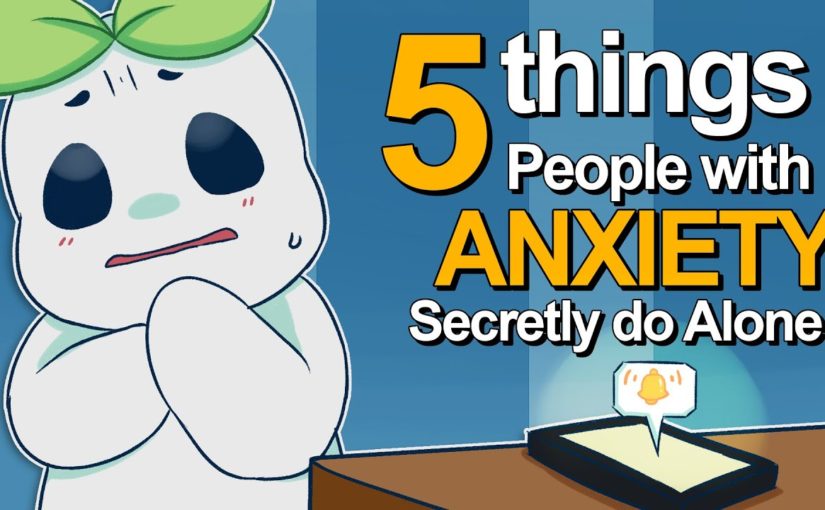
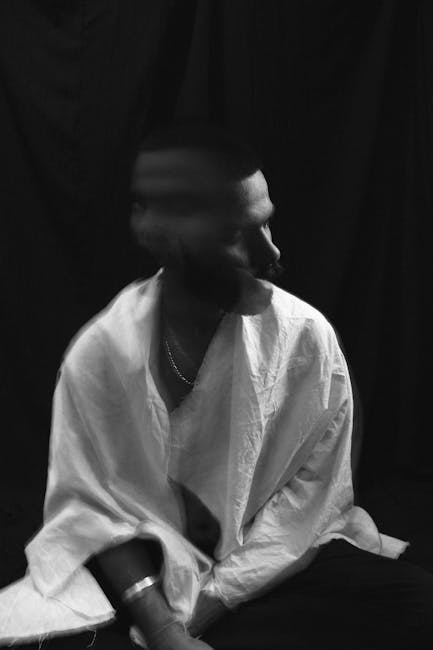 When it comes to friends, quality is greater than quantity, Not everyone.’s idea of fun includes hanging out with a huge group of people or going to a party.It can be intimidating to be around a lot of people.You don’t know, And you’d – much rather prefer to spend time with a few close friends.The beauty of life is that no two experiences are the same, So there’s a friend out there for everyone, Even if you may be socially anxious.Five, it’s, not all in your head. Social anxiety can manifest as physical sensations for a lot of people.These symptoms are similar to feeling embarrassed, sweaty, hands, blushing hyperventilating, but can feel more intense and last longer.Facing social situations can potentially lead to panic attacks for some people, while others feel physically ill or faint.These physical symptoms may be scary, but they rarely are threatening to one’s immediate health Number.Six, you feel, like everyone is judging you When you’re socially anxious it can feel like you’re under a magnifying glass all the time.You feel overly conscious about yourself and project those worries onto other people about their perceptions of you, but just because you’re monitoring every detail about yourself, doesn’t mean everyone else is too In reality.People aren’t as focused on you, as you think, and they likely have their worries too And number seven.You are your harshest judge.When you’re socially anxious, you might find yourself comparing how you think act, or look to others.This self-criticism can seriously hurt your mental and emotional health and it’s important to treat yourself more kindly While it might feel like others, make connections more easily or have it so. Well, it’s important to remember that everyone is going through their things and they have worries and concerns.Just like you do.When it comes to social anxiety, it can be hard to interact with people or make friends when you’re overly worried.The truth is, though, there is no normal when it comes to being social.Everyone has their way of socializing with others, And you’ll find someone who you connect with on the same level.There’s nothing wrong with leaving early or spending another night at home with your dog.We hope you enjoyed this and found some comfort.What have your experiences been with social anxiety? Leave a comment down below to share your thoughts.If you enjoyed our video, please give it a like and subscribe to our channel for more content like this.Thanks for watching – and we’ll see you at the next one.
When it comes to friends, quality is greater than quantity, Not everyone.’s idea of fun includes hanging out with a huge group of people or going to a party.It can be intimidating to be around a lot of people.You don’t know, And you’d – much rather prefer to spend time with a few close friends.The beauty of life is that no two experiences are the same, So there’s a friend out there for everyone, Even if you may be socially anxious.Five, it’s, not all in your head. Social anxiety can manifest as physical sensations for a lot of people.These symptoms are similar to feeling embarrassed, sweaty, hands, blushing hyperventilating, but can feel more intense and last longer.Facing social situations can potentially lead to panic attacks for some people, while others feel physically ill or faint.These physical symptoms may be scary, but they rarely are threatening to one’s immediate health Number.Six, you feel, like everyone is judging you When you’re socially anxious it can feel like you’re under a magnifying glass all the time.You feel overly conscious about yourself and project those worries onto other people about their perceptions of you, but just because you’re monitoring every detail about yourself, doesn’t mean everyone else is too In reality.People aren’t as focused on you, as you think, and they likely have their worries too And number seven.You are your harshest judge.When you’re socially anxious, you might find yourself comparing how you think act, or look to others.This self-criticism can seriously hurt your mental and emotional health and it’s important to treat yourself more kindly While it might feel like others, make connections more easily or have it so. Well, it’s important to remember that everyone is going through their things and they have worries and concerns.Just like you do.When it comes to social anxiety, it can be hard to interact with people or make friends when you’re overly worried.The truth is, though, there is no normal when it comes to being social.Everyone has their way of socializing with others, And you’ll find someone who you connect with on the same level.There’s nothing wrong with leaving early or spending another night at home with your dog.We hope you enjoyed this and found some comfort.What have your experiences been with social anxiety? Leave a comment down below to share your thoughts.If you enjoyed our video, please give it a like and subscribe to our channel for more content like this.Thanks for watching – and we’ll see you at the next one.